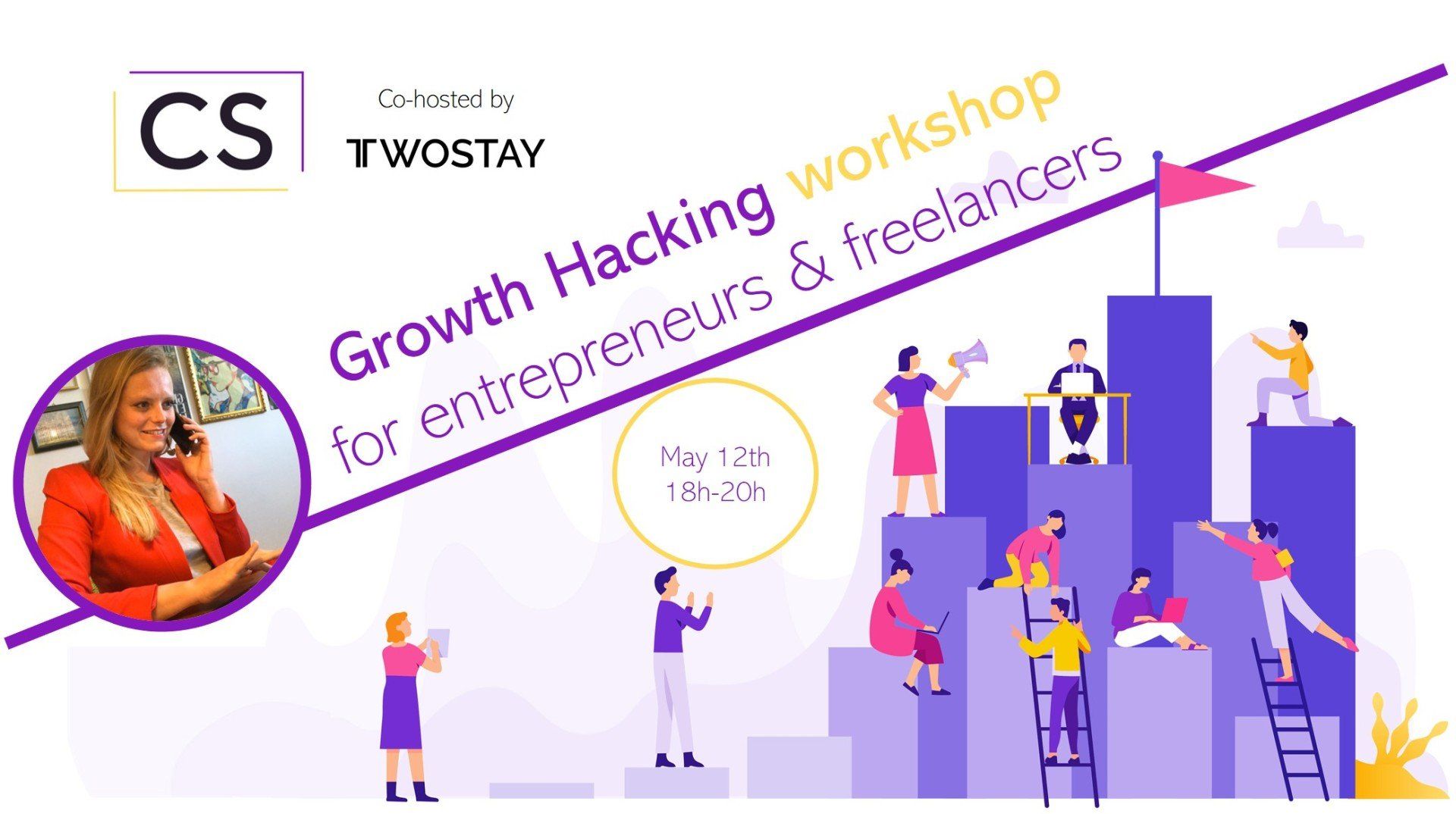Target Audience - Wie du deine Zielgruppe identifizierst und richtig ansprichst
22. April 2020
Im Interview mit Raya Drenski für ihre Initiative P.R.O.J.E.C.T. Framework, beleuchte ich die wichtigsten Aspekte fürs identifizieren und richtige kommunizieren deiner Zielgruppe.
Das Interview ist auf englisch und wie immer findet ihr den Text unter dem Video.
Folgt meinem Youtube Kanal
für mehr Marketing Videos.
Future founders should address a pain point or a need for a group of PEOPLE. To know their PEOPLE, they should define the target audience. So, let us start with the term.
What does the term 'target audience' mean?
The target audience is the group of people you want to sell your product to and whom you will address when communicating on any marketing channel. The audience is not necessarily the user of your product - in some cases, there is a big difference. For example, if you create products for kids, the primary target audience will be their parents. Or if you offer a service for corporates, the target audience may be the HR department and not the single employees.
People outside your target audience may buy your product, which is fine! You just can't address EVERYONE when communicating; otherwise, you cannot build a brand with which anyone relates to or identifies.
What's the first step founders should take into defining the PEOPLE they need to address?
Founders should try to pursue ideas of products or services with a concrete user in mind. This helps to design the product/service when you know WHOM you're doing it for and HOW it would be used.
Then the next step is to divide the people surrounding your business into different groups. Your target audience will just be one of these groups (groups can be: potential partners, potential investors and more).
Then the next step is to divide the people surrounding your business into different groups. Your target audience will just be one of these groups (groups can be: potential partners, potential investors and more).
If I am a solopreneur, defining the target audience on my own seems not only a lonely exercise but also one that is tough to validate. Who else could we invite to help us with this exercise?
Talking to friends or colleagues can be very useful to concretise the image of a target audience. Maybe you know someone in the branch you're digging in, that can give you precious market insights? LinkedIn is a powerful tool to look into what your contacts are specialised in.
You could also look into your competition's audience (for example, screening their social media followers) to get an idea of their target audience and to validate your presumptions.
If you have a potential customer in mind, the best thing is to contact them and present your business idea. You'll quickly understand if they are interested; if they understand why you're doing it, etc.
You could also look into your competition's audience (for example, screening their social media followers) to get an idea of their target audience and to validate your presumptions.
If you have a potential customer in mind, the best thing is to contact them and present your business idea. You'll quickly understand if they are interested; if they understand why you're doing it, etc.
When we want to sell our offer, it's tempting to believe that EVERYONE needs it. How to narrow down our expectations and find the core target audience?
Haha! This would be an ideal world - but yes, we can be tempted by this thought, as we usually believe in the product we build and hope everyone else to feel as enthusiastic about it as we do.
It helps to look at market figures to have an overview of the total market volume out there and to know the competition. Still, first of all, it's crucial to imagine a marketing persona before digging deeper. When you have the marketing persona in mind, you add up how many people correspond to this marketing persona and then compare the number with the market volume. This gives a rough impression of whom you COULD address theoretically speaking.
It helps to look at market figures to have an overview of the total market volume out there and to know the competition. Still, first of all, it's crucial to imagine a marketing persona before digging deeper. When you have the marketing persona in mind, you add up how many people correspond to this marketing persona and then compare the number with the market volume. This gives a rough impression of whom you COULD address theoretically speaking.
Why are Marketing Personas so important?
Marketing personas help you to get in your target group's shoes. They force you to think precisely about your target group's lifestyle, habits, needs, dreams, buying behaviour, age, gender and much more and in detail. The better you know and understand your target group, the more personalised you can design your communication concept. You want to catch their attention and stay in their minds.
By the way, make my persona by Hubspot can really help you think of all aspects concerning your persona.
By the way, make my persona by Hubspot can really help you think of all aspects concerning your persona.
Which are the critical components of a Marketing Persona?
& How can we test in real life if our assumptions for the target audience are correct?
The critical part is the assumptions we make when creating the persona. So, it is important to double-check with real potential customers if our assumptions are realistic.
And to check whether your assumptions concerning your target audience are right... well just ASK YOUR TARGET AUDIENCE
! 😊
And you could also look into your competition's audience (for example, screening their social media followers) to get an idea of their target audience and to validate your assumptions.
And you could also look into your competition's audience (for example, screening their social media followers) to get an idea of their target audience and to validate your assumptions.
How many of these "human beings" do we need to create?
As many as needed but at least one. In some cases, I recommend creating one marketing persona per marketing channel because not the whole audience may use the same marketing channels. It really depends on your product.
What do you learn about your startup idea by communicating to your PEOPLE?
You learn what your people, your target group NEEDS, WANTS and EXPECTS from your product and what they like or dislike in you concept.
Thank you Raya for the interview opportunity & good luck with your P.R.O.J.E.C.T. Framework initiative.
Ihr habt noch weitere Fragen zum Thema Target audience? Schreibt mir! Ich melde mich gerne mit Tipps und Tricks bei euch zurück.

Likes, Clicks, Comments und so viel mehr! Social Media ist eine wunderbare Plattform für die Vermarktung eures Produkts, Dienstleistung oder euch selbst (Personal Branding) und das beste: die wichtigsten Funktionalitäten die euch und eurem Business neue Kunden und einen echten Mehrwert in der Außendarstellung bieten, sind kostenfrei!
In einer knappen Viertelstunde erkläre ich euch die Social Media Basics, damit ihr eine Grundlage für euren eigenen Content bekommt.

"SEO ist ein Hexenswerk - da trau ich mich nicht ran!"
Diesen Satz höre ich von meinen Kunden oft. Dabei ist SEO so wichtig für dein Business! Oder wie soll dein Kunde dich online sonst finden? Ranking, Keywords, Unique Content, Meta Daten... Lerne all das und viele weitere SEO-Basics in 13 Minuten in meinem SEO Webinar, um dich mit der Materie vertraut zu machen.
Claire Siegert | Marketing Beratung | München




